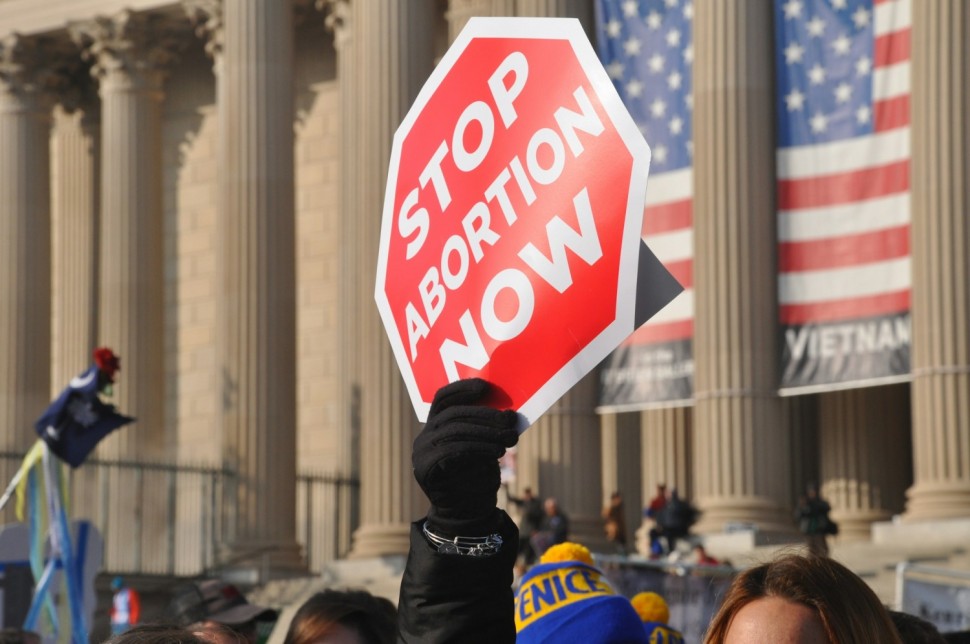New York Attorney General Letitia James has been working hard. She wants to tackle some unfair practices. These are about a treatment connected to abortion that's not as clear-cut as it should be. But recently, she's faced a bit of a setback. A recent judicial decision has stirred the ongoing debate. Around reproductive health services and legal jurisdictions impacting a lawsuit involving an anti-abortion group and numerous pregnancy counseling centers.

Legal Strategy Thwarted
In a bold legal move, James targeted Heartbeat International and eleven pro-life pregnancy organizations. These groups were promoting what is known as the "Abortion Pill Reversal" method. This practice, considered unproven and unapproved by healthcare authorities, was the crux of James's lawsuit. Filed to the Manhattan State Supreme Court, the lawsuit aimed to address these centers' alleged dissemination of false or misleading advertisements.
James passionately argued against the reversal method. "Abortions cannot be reversed," she stated, emphasizing the lack of scientific evidence and potential safety risks connected with treatments claiming otherwise.
Countermotion in Court
The plot took a twist as Heartbeat International and the implicated pregnancy centers issued a complaint against James on April 30. Following their notice of intent to sue, an intriguing legal development unfolded. New York Supreme Court Justice Sam Valleriani ordered the consolidation of the complaint and James's lawsuit. Moreover, he designated Monroe County as the trial venue, not Manhattan, as James initially sought.
This decision amplified discussions on the appropriateness and fairness of trial locations in legal battles. Peter Breen, executive vice president of Thomas More Society, saw it as a victory. Representing the pregnancy organizations, Breen lauded Rochester's choice, viewing it as the most just and logistically sound setting for these cases.
An Unfolding Legal Drama
This legal skirmish brings to light the contentious issue of medication abortion in the United States. This method, which involves a two-drug regimen, is widely recognized as a standard means of terminating pregnancy. However, the debated "Abortion Pill Reversal" protocol, which relies on administering progesterone after the first drug but before the second, has sparked controversy for lacking U.S. Food and Drug Administration approval and endorsement from leading medical bodies.
Heartbeat International's Standpoint
The defense by Heartbeat International and other crisis pregnancy centers highlights a fundamental discord in abortion-related debates. Jor-El Godsey, president of Heartbeat International, criticized the lawsuit's premise. He accused the New York AG of undermining women's rights to reconsider their decisions about pregnancy terminations. According to Godsey, the legal actions represent an overreach by abortion advocates and politicized interests in personal health decisions.
As this legal tussle progresses, the core issues of reproductive health and freedom of choice remain at the forefront. The lawsuit not only questions the veracity and ethics of abortion reversal claims but also ignites broader discussions on women's health rights, scientific evidence, and legal jurisdiction in matters of public health and safety.
Future Implications
The outcome of this legal conflict could set precedents for how misleading health claims are handled legally. It also raises questions about the jurisdiction and venue for such cases, potentially influencing future lawsuits involving health misinformation and consumer protection.
The debate over abortion rights and the legitimacy of abortion reversal treatments underscores deep divides in public opinion and legal interpretations. As the lawsuit moves forward in Monroe County, all eyes will be on how the court navigates these complex issues, weighing scientific evidence against freedom of speech and consumer protection laws.
Amidst this legal drama, one thing is clear: decisions made in this case will have far-reaching implications on healthcare practices, legal standards, and the ongoing battle over reproductive rights in New York and beyond.




